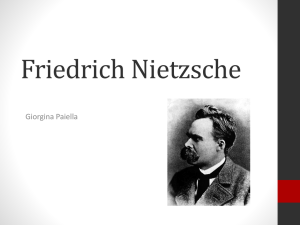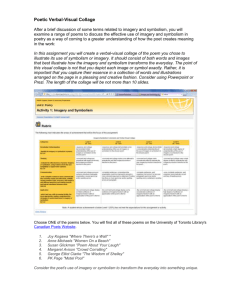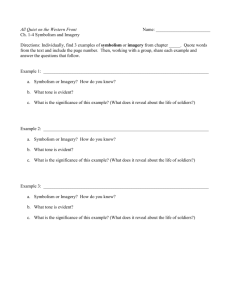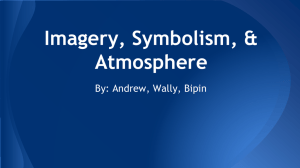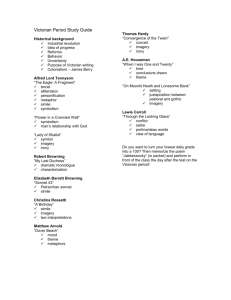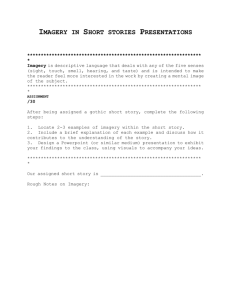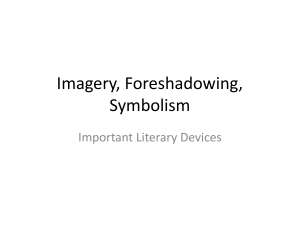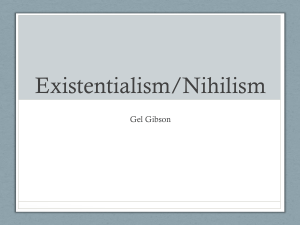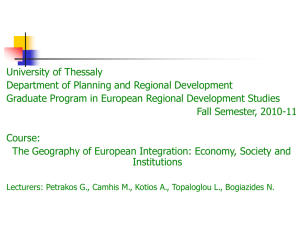Grendel Text Annotation Group Discussion Lesson Plan
advertisement
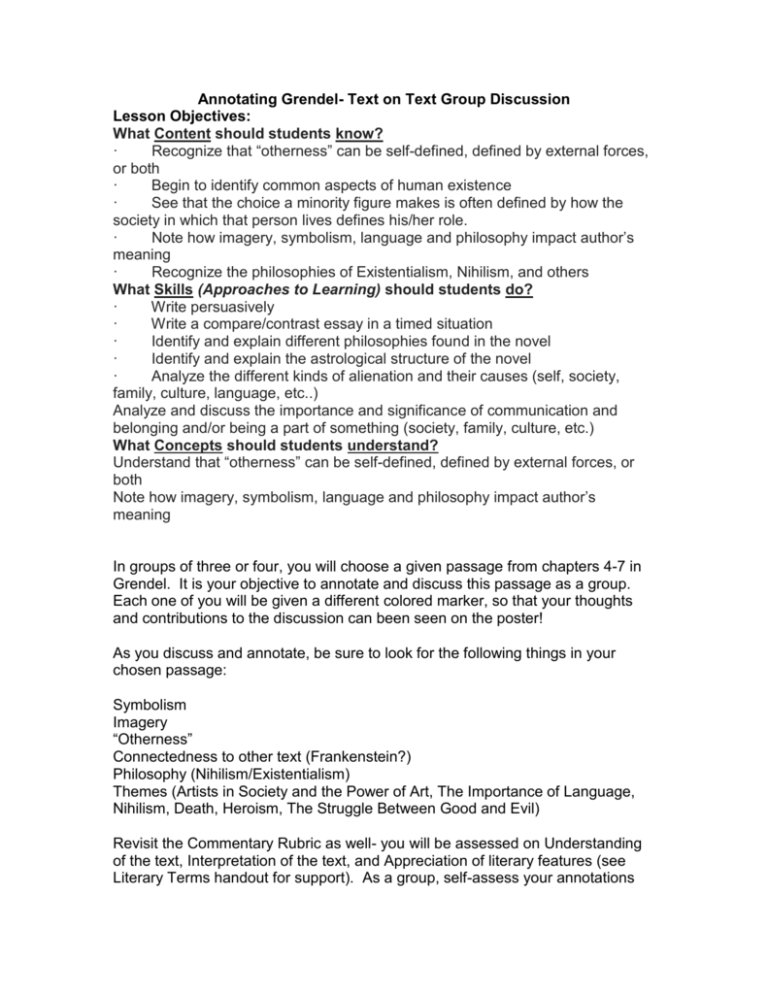
Annotating Grendel- Text on Text Group Discussion Lesson Objectives: What Content should students know? · Recognize that “otherness” can be self-defined, defined by external forces, or both · Begin to identify common aspects of human existence · See that the choice a minority figure makes is often defined by how the society in which that person lives defines his/her role. · Note how imagery, symbolism, language and philosophy impact author’s meaning · Recognize the philosophies of Existentialism, Nihilism, and others What Skills (Approaches to Learning) should students do? · Write persuasively · Write a compare/contrast essay in a timed situation · Identify and explain different philosophies found in the novel · Identify and explain the astrological structure of the novel · Analyze the different kinds of alienation and their causes (self, society, family, culture, language, etc..) Analyze and discuss the importance and significance of communication and belonging and/or being a part of something (society, family, culture, etc.) What Concepts should students understand? Understand that “otherness” can be self-defined, defined by external forces, or both Note how imagery, symbolism, language and philosophy impact author’s meaning In groups of three or four, you will choose a given passage from chapters 4-7 in Grendel. It is your objective to annotate and discuss this passage as a group. Each one of you will be given a different colored marker, so that your thoughts and contributions to the discussion can been seen on the poster! As you discuss and annotate, be sure to look for the following things in your chosen passage: Symbolism Imagery “Otherness” Connectedness to other text (Frankenstein?) Philosophy (Nihilism/Existentialism) Themes (Artists in Society and the Power of Art, The Importance of Language, Nihilism, Death, Heroism, The Struggle Between Good and Evil) Revisit the Commentary Rubric as well- you will be assessed on Understanding of the text, Interpretation of the text, and Appreciation of literary features (see Literary Terms handout for support). As a group, self-assess your annotations on the rubric when you have completed the task. Be prepared to present your thoughts to the class! In addition, ask questions such as “what does this mean?”, “why is he or she doing that?”, “how does this relate to the Guiding Question?”, “why is this important?”
